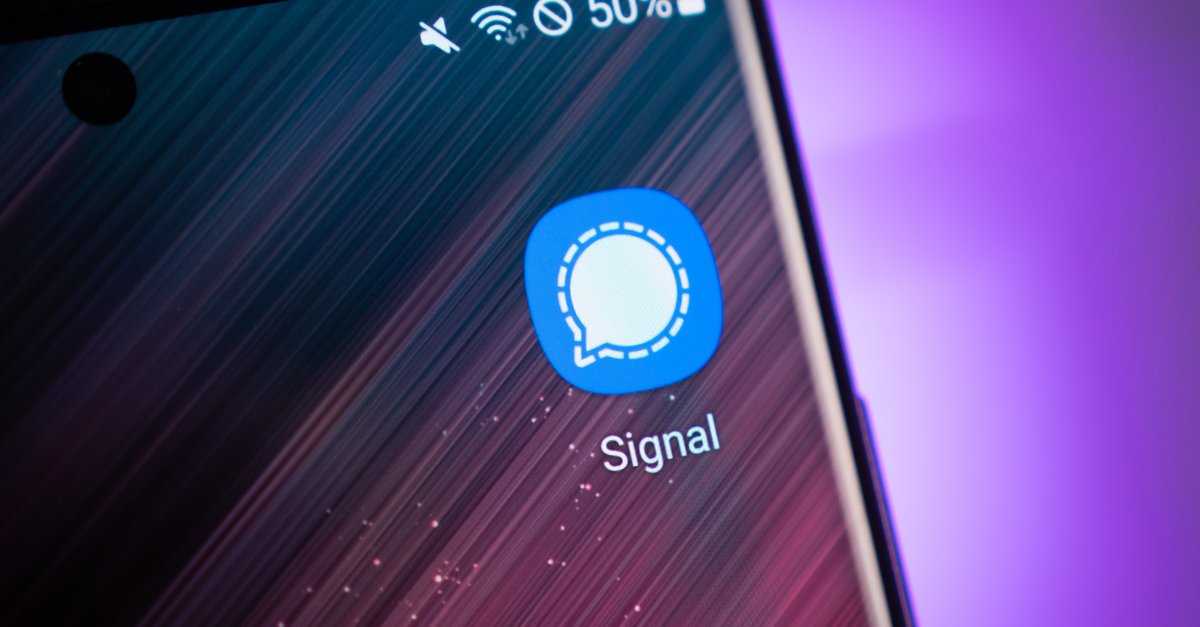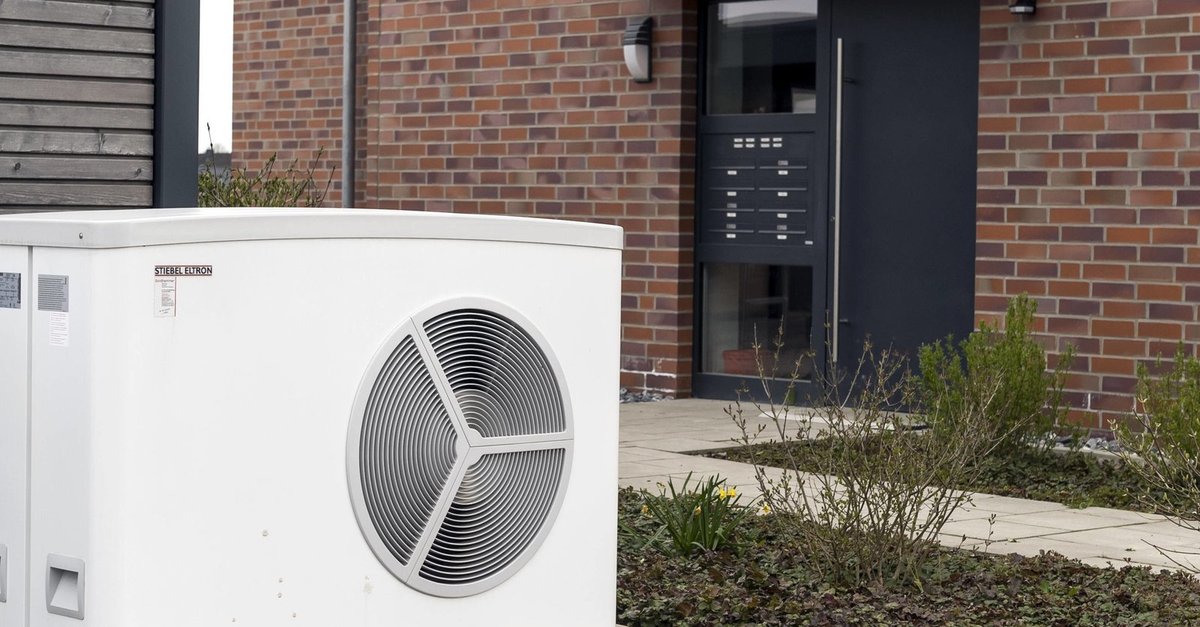Signal blocked: WhatsApp users have to stay outside
Messenger like WhatsApp will have to open up to the competition in the future, as the EU has decided. The makers of the signal app think nothing of it at all. Above all, they see dangers in the areas of security and data protection. They expect the privacy of their own users to deteriorate.
Version:5.42.8
Languages:German
Platforms:Android
Signal: Messenger opening as a danger
The EU has launched the Digital Markets Act (DMA). One of the important innovations for larger tech companies concerns the interoperability of messenger services. In the future, they must open up and enable communication with users of smaller platforms in the EU. One of these providers Signal, has now publicly spoken out against it. Signal is known for putting a lot of emphasis on security and privacy.
As the non-profit Signal Foundation explains, working with messengers like WhatsApp, Facebook Messenger, and Apple’s iMessage would “ultimately degrade the privacy of Signal and its users.” Signal sees the reason for this in different opinions on data protection. Some companies would have different standards, which would negatively impact Signal and its users.
The data exchanged by the messengers among themselves could used differently by larger corporations and possibly sold. However, this is not compatible with Signal’s “mission and values” (source: golem.de).
Even the big tech companies think little of the planned interoperability of messenger services. It would run counter to the interests of consumers. Even the Vice President of the EU Commission, Margrethe Vestager, has in the past against cross-platform communication pronounced. This would result in us “getting back some kind of SMS”.
Messenger interoperability – the Digital Markets Act will change that:
Signal: Everything encrypted, little metadata
Unlike some other messengers, Signal is fundamental each message with end-to-end encryption. This also applies to groups and memberships themselves. In addition, the app reduces metadata as much as possible using the signal protocol developed in-house.



